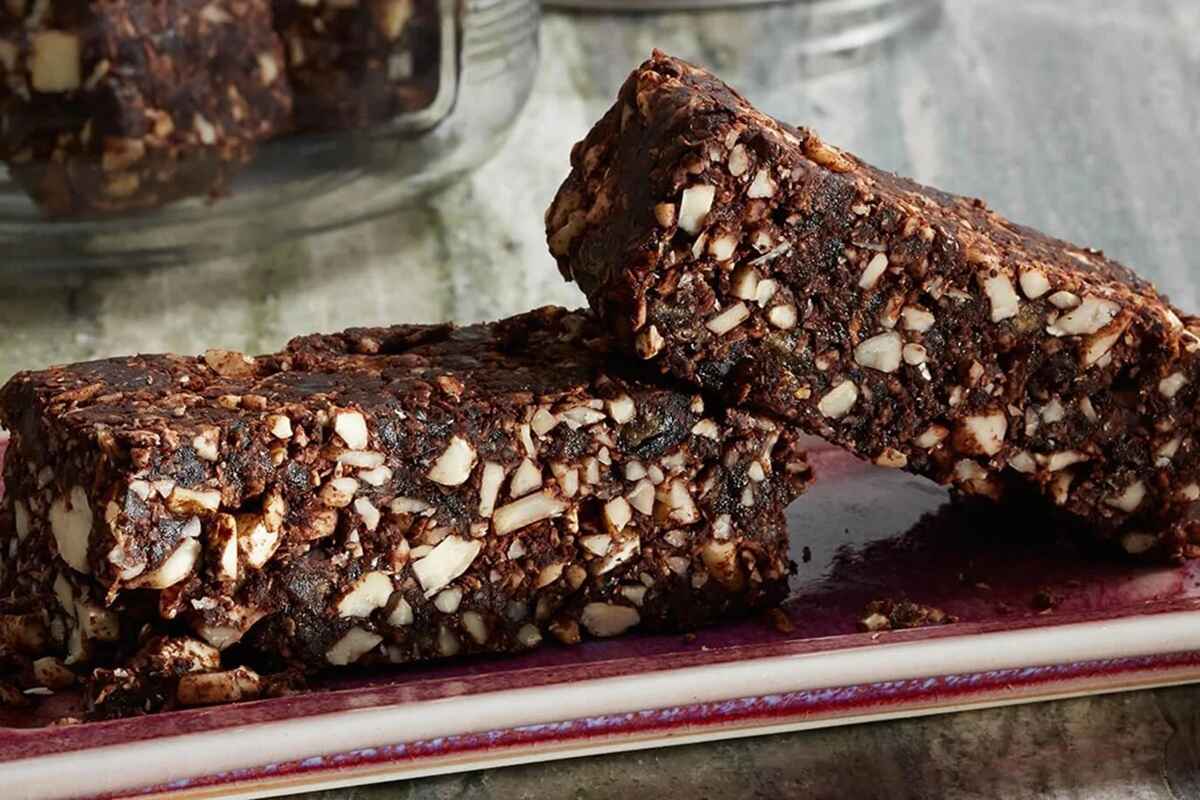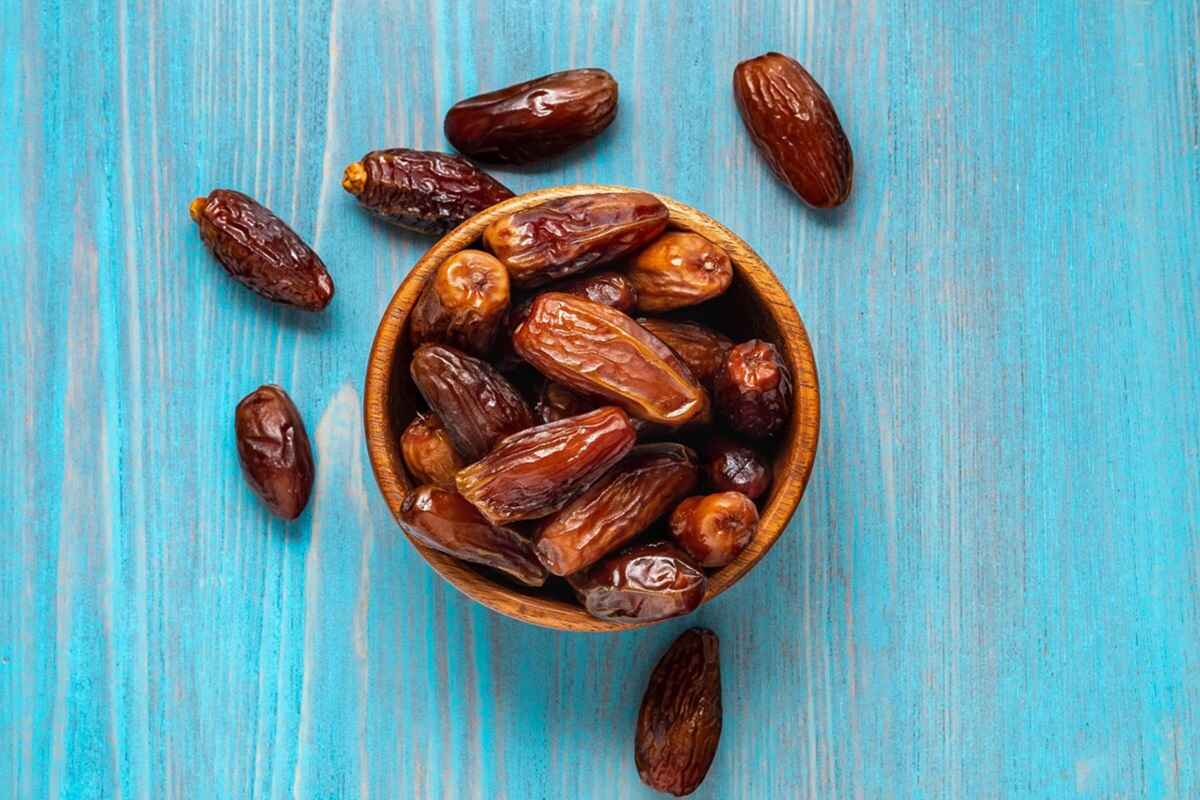Dates Benefits for Breastfeeding Mothers: Dates are rich in a wide range of nutrients and have become a trusted, energizing snack in many cultures around the world. Their natural sweetness, quick energy release, and impressive nutrient profile have made them a valuable food for children, women, and men in different stages of life. Over time, we’ve explored many of the remarkable qualities of this fruit and the role it can play in a balanced diet.
In this article, we turn our attention to dates benefits for breastfeeding mothers, a topic that matters deeply to many new moms looking for safe and natural ways to support their health. Dates have long been used in traditional practices to boost energy, promote recovery after childbirth, and even support milk production. By taking a closer look at the science behind these beliefs, we’ll see why this simple fruit can make a meaningful difference during the breastfeeding journey. Stay with us as we explore how dates can help both mother and baby thrive.
Health Benefits of Dates
Dates are more than just a sweet dried fruit—they’re a concentrated source of energy and nutrients, which is why they’ve become a staple in many traditional diets. Compared to most fresh fruits, dried dates contain more calories and a richer blend of vitamins, minerals, and fiber. Whether you’re choosing premium piarom dates, soft and juicy iranian muzafati dates, or the firmer and mildly sweet zahidi dates, each variety comes with impressive nutritional power. These benefits are so valued that dates are widely traded around the world, making them a major product in dates wholesale markets.
When exploring different types of dates, it becomes clear that their impact on overall health is far-reaching. Below is a deeper, refreshed look at their most notable benefits—many of which also connect to dates benefits for breastfeeding mothers, thanks to their nutrient density and natural energy-boosting qualities.
Supporting Brain Health
Dates contain potent antioxidants that help calm inflammation in the brain. These compounds reduce the buildup of harmful plaques that can damage neurons over time. Research shows that regular date consumption supports learning, memory, emotional balance, and even helps with anxiety reduction. This protective effect is seen across date varieties, from piarom dates to Zahidi dates, which all contain valuable phytonutrients.
Improving Digestive Function
The impressive fiber content of dates plays a key role in digestive health. Eating them regularly encourages smooth, consistent bowel movements and helps prevent constipation. Beyond that, the fiber in dates supports gentle detoxification of the colon, an effect especially useful for individuals seeking a natural approach to digestive balance.
Strengthening Bones
Dates are rich in bone-supportive minerals like selenium, manganese, copper, and magnesium—nutrients that contribute to bone formation, durability, and long-term density. This makes dates an excellent choice for people who want to maintain bone strength as they age. Even a handful of Iranian Muzafati dates of Bam can provide a meaningful mineral boost.
Balancing Blood Sugar
Despite their natural sweetness, dates have a favorable effect on blood sugar control. Studies suggest they improve insulin sensitivity and support healthier glucose metabolism. Their fiber helps slow down sugar absorption, reducing the risk of sudden blood sugar spikes. This makes dates a better alternative to refined sweets, especially when consumed in moderation.
Supporting Male Fertility
Dates also contribute to male reproductive health. They contain amino acids and plant-based hormones believed to enhance stamina and support the male reproductive system. Research highlights improvements in sperm count, motility, and overall fertility. Some studies even point to benefits in addressing erectile dysfunction.
Powerful Antioxidant Protection
Among dried fruits, dates stand out for having some of the highest levels of antioxidants. These include carotenoids, phenolics, and flavonoids—compounds that protect the body from oxidative stress. Their long-term presence in the diet is associated with a reduced risk of chronic conditions such as heart disease, diabetes, cancer, Parkinson’s, and Alzheimer’s.
Benefits of Dates for Women
Dates offer unique advantages for women, especially during pregnancy. Eating dates in the final weeks before childbirth may naturally support cervical dilation, reduce the need for induced labor, and make contractions more effective. Their natural sugars help maintain energy during labor, while their nutrient density supports recovery. Because dates contain oxytocin-like properties, they may gently stimulate uterine activity in late-term pregnancy.
These same qualities contribute to dates benefits for breastfeeding mothers as well. Their minerals and natural carbohydrates support milk production, strengthen maternal energy, and nourish the body during postpartum recovery.
Benefits of Dates in Breastfeeding
One of the most widely recognized and well-documented dates benefits for breastfeeding mothers is their ability to naturally support and increase breast milk production. Numerous studies highlight that the nutrients found in dates can strengthen the quality of breast milk and help mothers maintain a healthy lactation cycle. For this reason, including a moderate amount of dates in your daily diet can be a simple and effective choice during the breastfeeding period.
Beyond what modern research confirms, traditional medicine has long attributed several additional benefits to eating dates while breastfeeding. These long-standing beliefs align closely with the nutritional profile of dates and include the following:
• Supporting healthy weight gain in infants by improving the overall nutritional value of breast milk.
• Reducing the symptoms of anemia in mothers—such as fatigue, irritability, and general weakness—thanks to the iron and minerals naturally present in dates.
• Minimizing the severity of postpartum hair loss, one of the most common concerns among new mothers.
• Encouraging healthier and faster hair regrowth during the recovery period.
• Relieving constipation, a frequent issue after childbirth, due to the high fiber content in dates.
• Boosting maternal energy levels, which can significantly improve daily functioning and stamina in caring for an infant.
• Potentially supporting cognitive development in infants through improved maternal nutrition.
• Helping meet a portion of the mother’s daily calcium needs, which may lower the risk of weakened bones or osteoporosis.
Side Effects of Eating Dates While Breastfeeding
Despite their many health benefits, dates do come with a few considerations. Their naturally high sugar content means that excessive consumption can be problematic, particularly for those with diabetes or insulin sensitivity. Eating too many dates may lead to:
• Tooth decay due to natural sugars, especially if dental hygiene is neglected.
• Skin rashes or mouth sores, particularly in individuals with naturally warm body temperaments.
• Headaches, which sometimes occur when consuming large quantities of sweet, dense foods.
• Digestive discomfort or bloating resulting from excessive fiber intake.
These side effects can occur not only in breastfeeding mothers but in anyone who consumes dates in large quantities. However, current research does not indicate any significant risks associated with moderate date consumption during breastfeeding. For most mothers and infants, enjoying dates in reasonable amounts should be both safe and beneficial.
Final Thoughts
At Parsa Trading, our goal is to help consumers and international buyers access the finest iranian dates with confidence and clarity. As a reliable dates export company, we focus on delivering high-quality varieties such as Mazafati, Piarom, and Zahedi to markets around the world. Whether you’re comparing the mazafati dates price for retail or looking for the best zahedi dates wholesale price for bulk purchasing, our team ensures transparency, consistency, and premium quality. Choosing the right type of date can make a meaningful difference—especially for breastfeeding mothers—and we’re committed to providing products that support both health and global standards.



